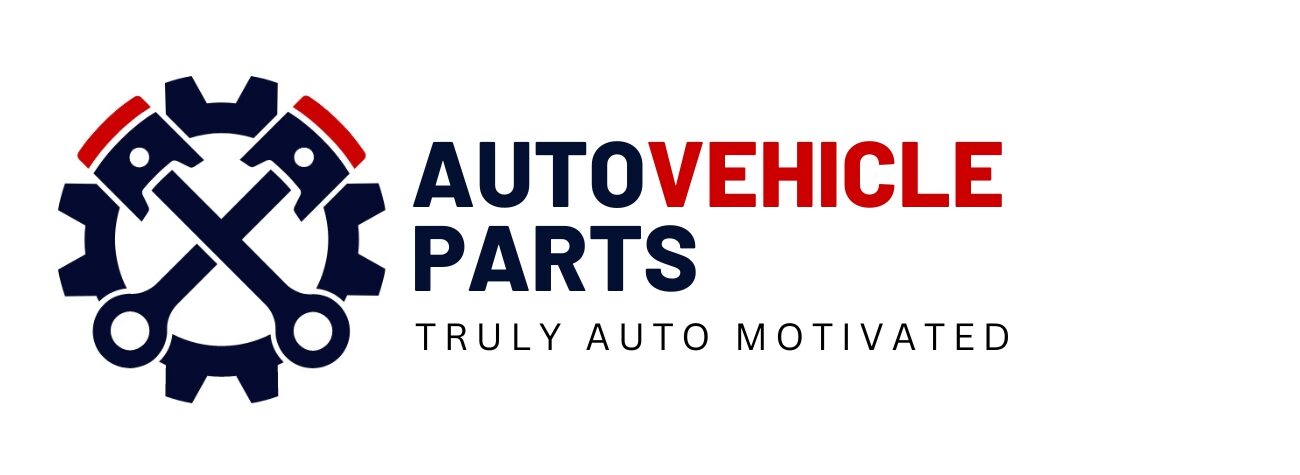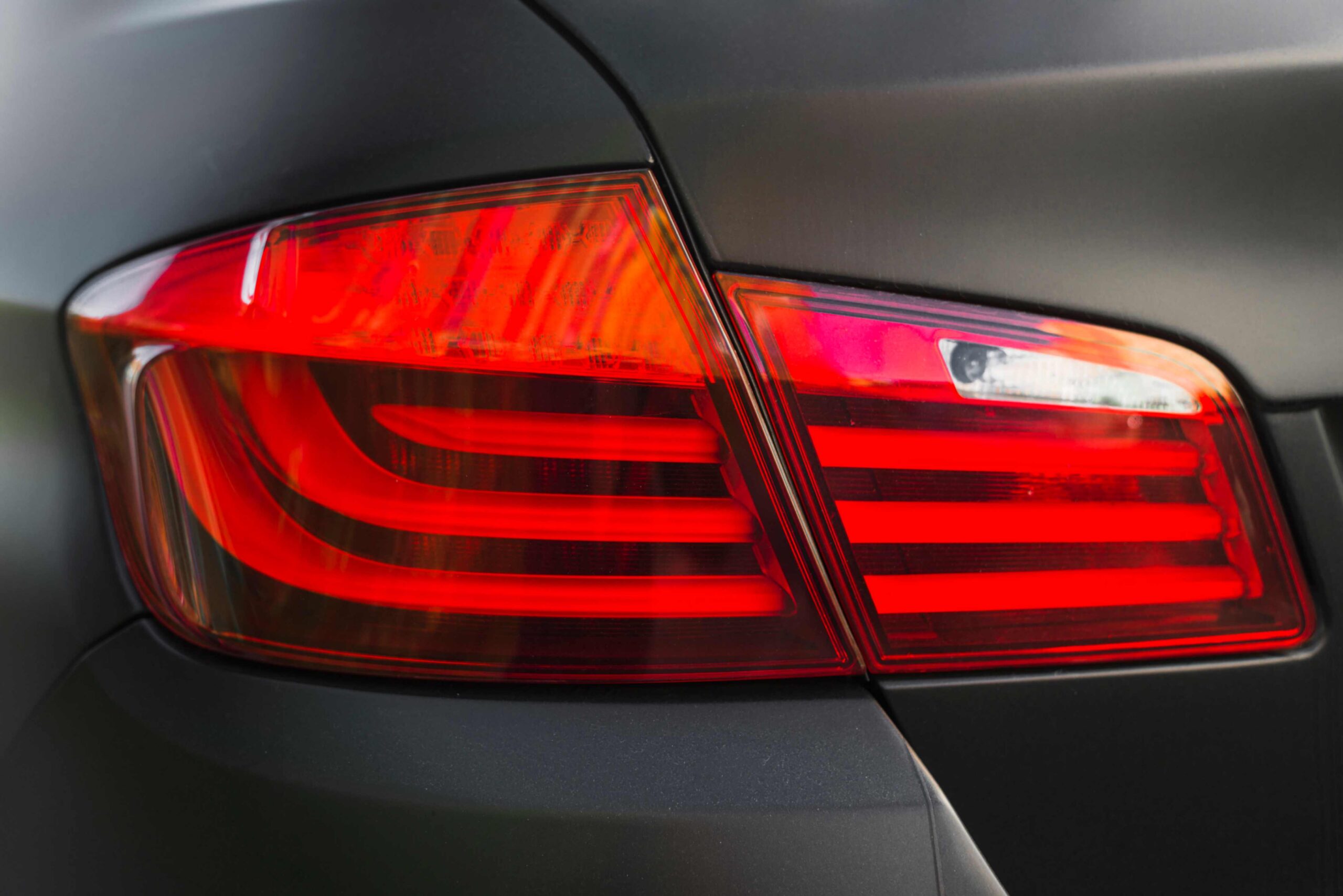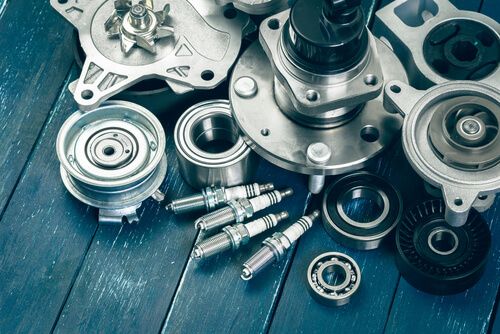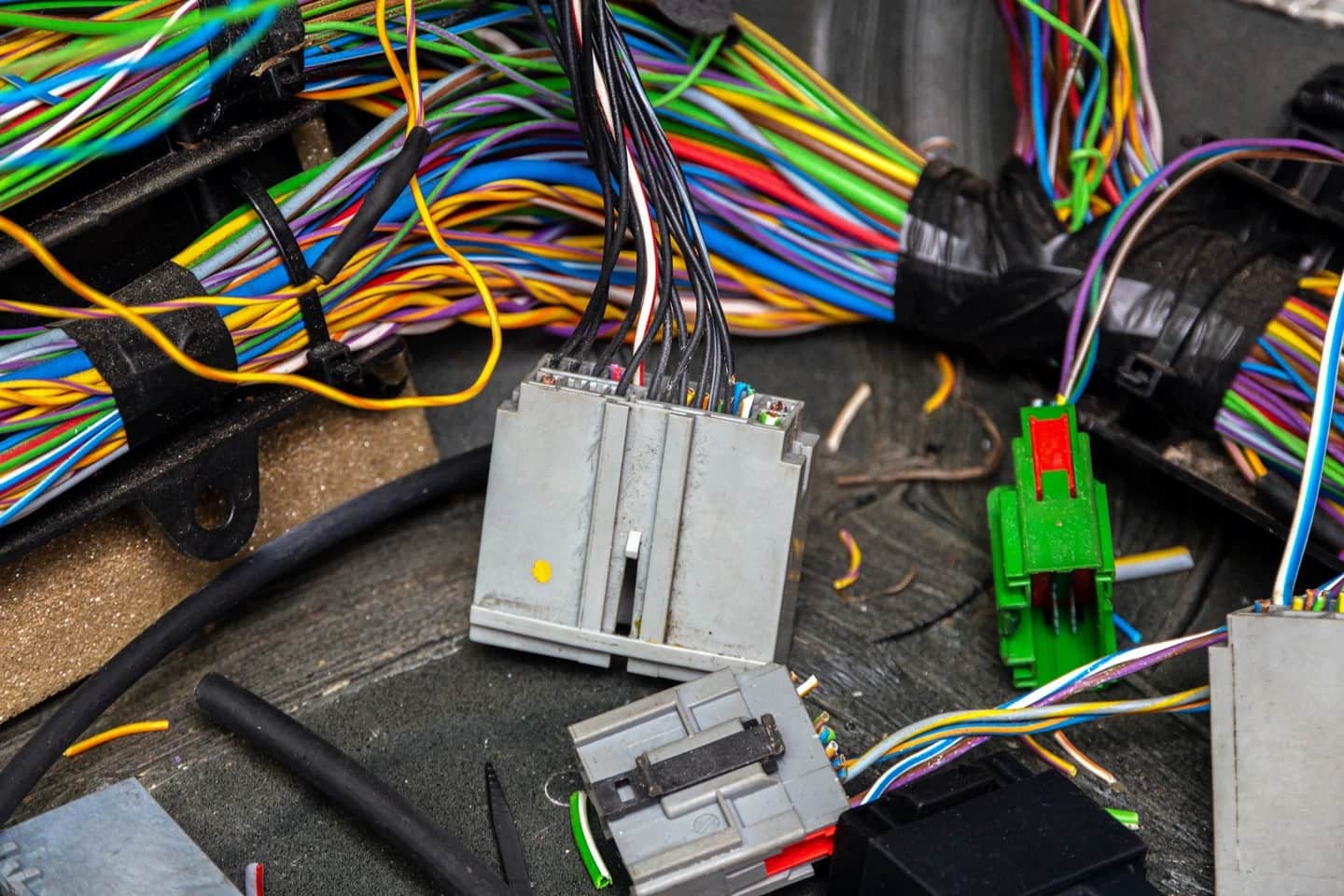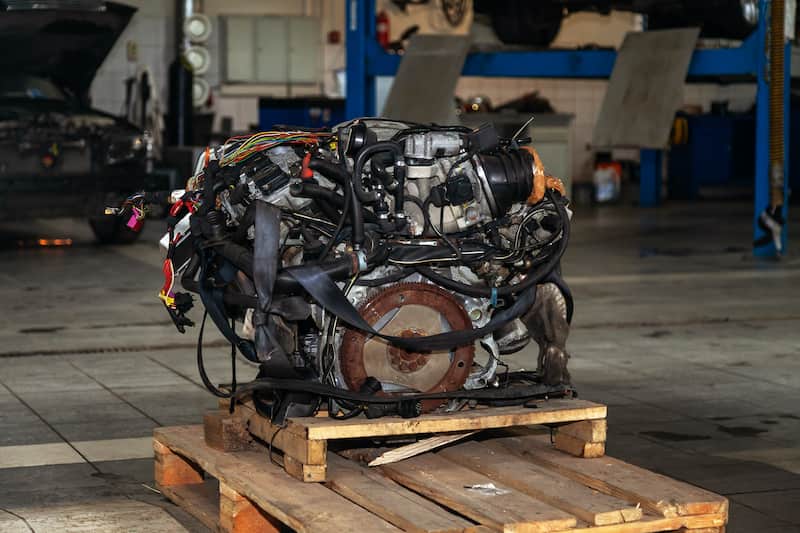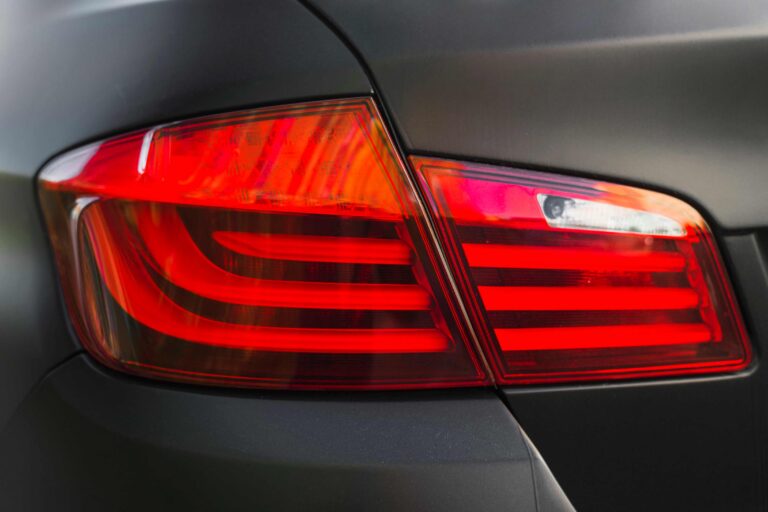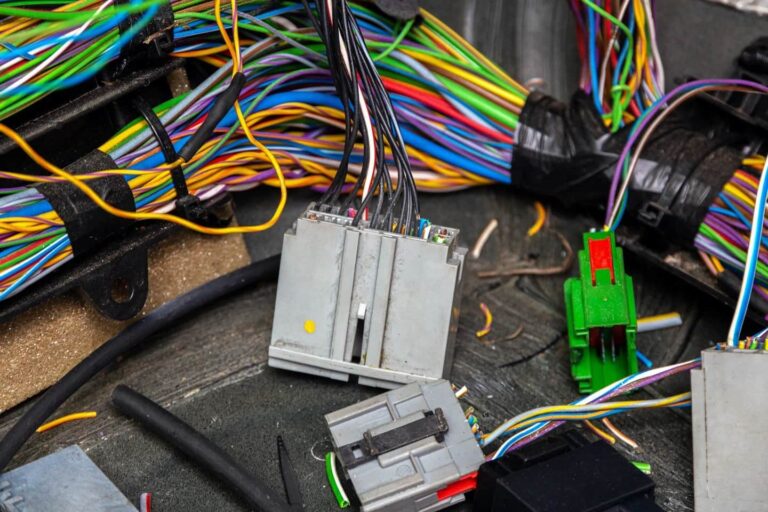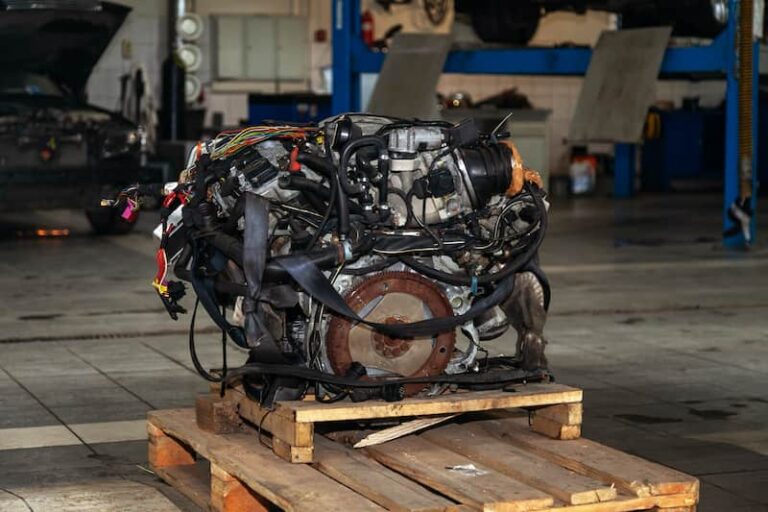The braking system on every car is the one safety feature that must be in good operating order. It’s probably reasonable to say that you rely on your brakes just as much as you do on your car. Perhaps even more. However, there are situations when you’ll require the brakes to be applied. Do car brakes function when the engine is turned off? Yes, the brakes will still function, but not as well as they would under regular driving conditions. Instead of being helped by the engine like in regular driving, the braking pressure will be solely determined by the amount of pressure you apply to the pedal.
A vacuum booster is added to the braking system, allowing for proper braking with minimum driver involvement. The engine vacuum is used to create a massive amount of pressure in this booster.
If your engine suddenly stops running, the pressure in the circuit quickly diminishes, leaving just pedal pressure to provide braking power. Due to the lack of vacuum assistance from the engine, the pedal is extremely difficult to press.
If your car is idling and you quickly use the brakes, you may notice that the engine revs up to compensate for the increased power required within the brake booster assembly. This is how the engine pulls in additional air to create the vacuum needed for the booster function.
If your vacuum booster fails or the engine stops operating for whatever reason, the vacuum assist function is automatically off. You will be able to stop the vehicle at this point, but the amount of pressure required to activate the brakes will come from you, the driver, rather than the vacuum booster.
Yes, the brakes will still function, but not as well as they would under regular driving conditions.
Now that we’ve established that your car’s brakes work even when the engine is turned off, it goes without saying that your braking system must always be in good working order.
If you detect any unusual behaviour in your car’s braking system, it’s best to be safe and consult with a skilled mechanic who is experienced with your vehicle.
Table of Contents
ToggleHow do car brakes work
- brakes work when car is off,
- do brakes work when the car is off,
The braking system of a car is one of the most important aspects of your driving experience because it is the only thing keeping you from crashing. It’s a straightforward hydraulic system that converts pedal force into wheel clamping force.
How long do car brakes last
When a brake pad on a rotor wears down, it often makes a squeaking noise when applied. This is an audible safety mechanism to alert the driver that it is time to change the brakes. Unfortunately, some pads aren’t very good at this, so newer vehicles have brake pad wear sensor nodes installed as part of their structure, alerting the driver on the dashboard that the pads need to be replaced. Furthermore, as a brake pad wears down, it requires a longer stroke of a caliper’s piston to impose restrictions on the rotor, reducing the amount of fluid in the brake reservoir. If your brake pads are worn out, you will notice a noticeable change in the level of your brake fluid, and you may even get a warning light.
How to Change Your Brake Pads

- how to change brakes on a car
- how to fix car brakes,
Step 1: Take off the wheel.
Step 2: Unscrew the slider bolt.
Step 3: Raise the calliper.
Step 4: Remove the old brake pads.
Step 5: Put the retaining clips back in place.
Step 6: Install the new brake pads.
Step 7: Pull the pistons back.
Step 8: Check the brake fluid level.
Step 9: Adjust the calliper.
Step 10. Replace the slider bolt.
Step 11: Repeat on the opposite side.
Step 12: Perform a safe test drive.
For more pertinent hacks and solutions to your vehicle’s issues. Go to the Auto Vehicles section.
Looking for something unique? Here you can find the best-used car parts.
